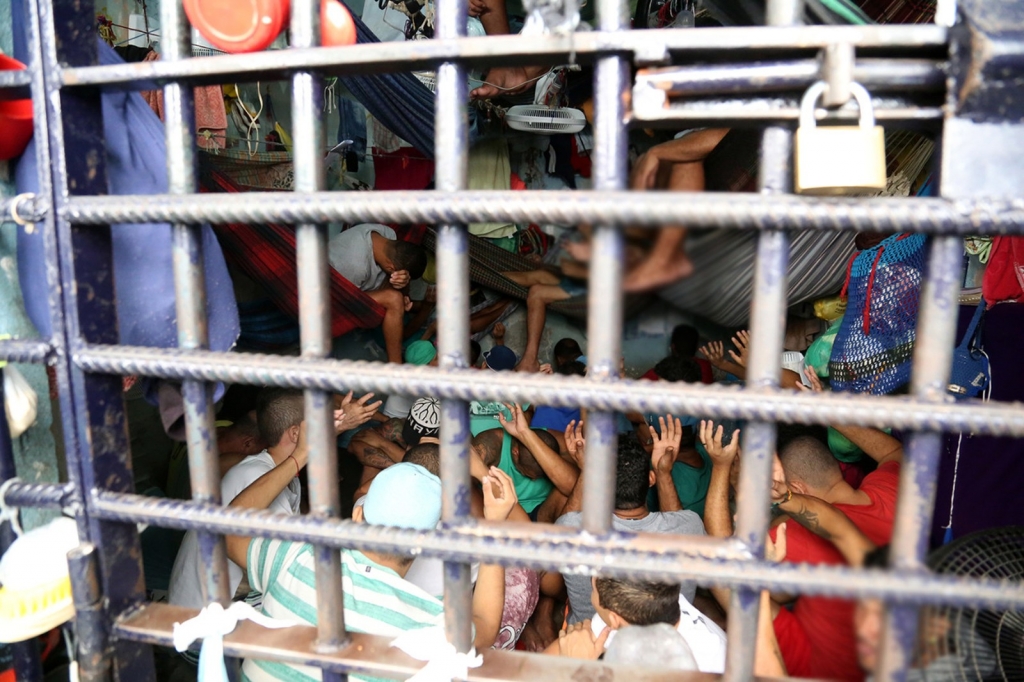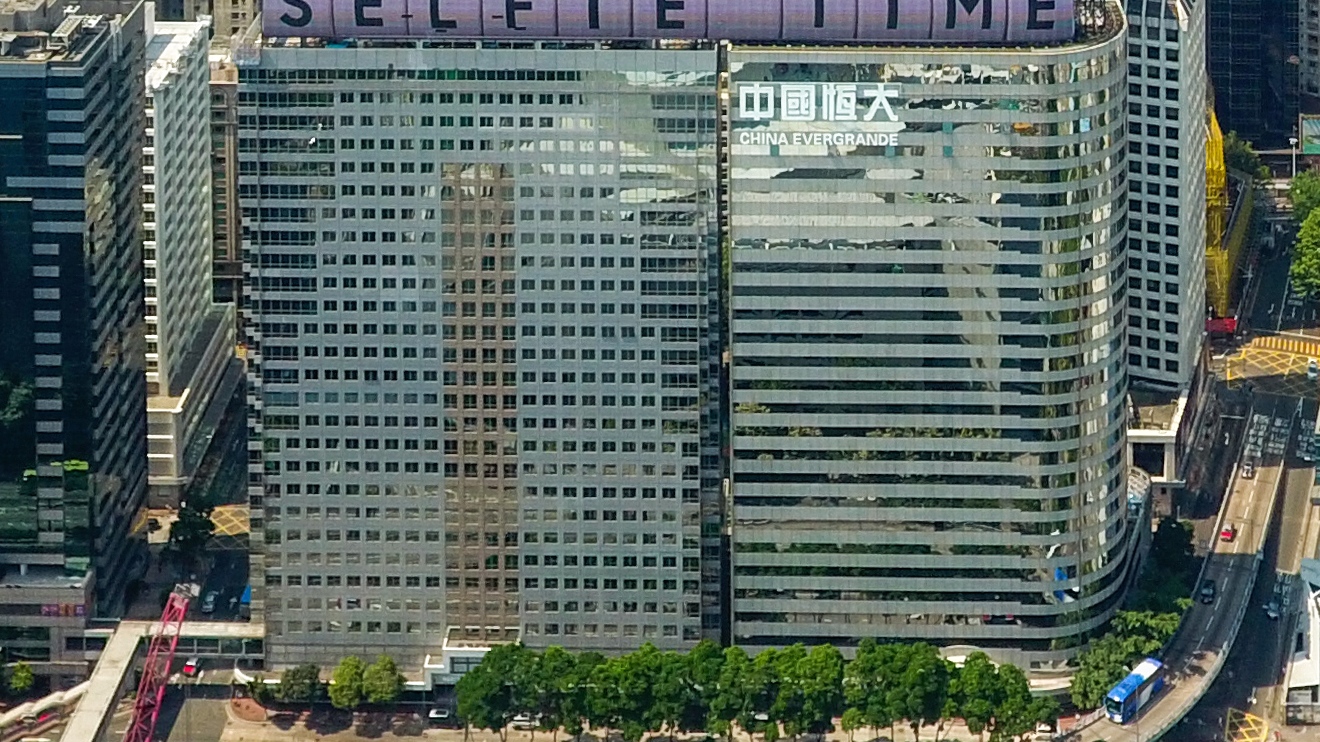Brazilian journalist and a Development Management alumna, Débora Zampier, investigates Brazil’s management of their prison system during the coronavirus pandemic, and suggests the consequence is a matter of importance to public health and security.

The new threat posed by the coronavirus to the prison environment can be measured by the unprecedented international movement to release thousands of people deprived of liberty. From the United States to Burkina Faso, including Iran, the United Kingdom, Indonesia, France and Morocco, emergency release has been adopted by countries at different levels of development and regardless of the political spectrum or government regime to avoid mass infections of people under state custody.
In Brazil, where the criminalisation of poverty and the escalation of the war on drugs has resulted in the mass imprisonment observed in recent decades, the new coronavirus is the trigger for a critical juncture with broad effects on the political and social scene. Depending on the response of public agents, the country may be approaching a new era in penal policy, or a tragedy of unknown proportions in modern Latin America.
Shortly after the pandemic was declared by the World Health Organisation, the National Council of Justice, the highest judiciary administrative authority, issued a recommendation encouraging judges to take measures such as the temporary suspension of hearings, new routines for visits, determination of temporary house arrest for people close to finishing their sentences and conditional release of people belonging to risk groups. The recommendation received formal support from several national and international organisations, including the Inter-American Commission on Human Rights. Informal surveys show that some 30,000 people may have been temporarily released, who represent less than 5% of the 750,000 people deprived of liberty in the country.
Even without noticeable changes in the field of public security – samples actually point to a drop in crime rates in the period – the exceptional releases have been resulting in strong reactions from sectors that defend intramural solutions. The ‘restraint and control’ narrative disregards the overcrowding that makes the Brazilian prison system operate 70% above capacity. They also ignore the historical deficiencies in sanitary, medical and structural conditions that led the Supreme Court to declare, in 2015, that Brazilian prisons represent an unconstitutional state of affairs.
On a local perspective, public authorities have suspended visits, cut or changed the flow of basic needs provided by families, and reduced (or cut) contact with defenders, a situation that has been raising concerns among specialists and civil society organisations. Since mid-March, hundreds of prison units have been operating with almost no communication with the outside world and no social control over the conditions of confinement and prisoners’ health, as well as of sanitary measures to protect prison staff. Considering statements released by unions of correctional officers and local news, the new coronavirus is already a reality in the Brazilian prison system. The federal government presents its own board of monitoring, while the national press has not yet pursued a detailed investigation that goes beyond official data and statements.
It is worth mentioning that the poor conditions of life inside prisons were the trigger for the birth of the Brazilian criminal organisations in the 1970s. Their first goal was to manage people and resources in places where the State was mostly absent and so that prisoners could defend themselves from the violence of government officials. Today, criminal organisations in Brazil are a complex network with operations far beyond the jails limits, involved in episodes of mass murders inside prisons but also contributing to the more than 60,000 annual murder rate already recorded in Brazil. This said, ignoring what is happening inside our dysfunctional prisons during a pandemic is not only a matter of public health, but also of public security.
While the criminal justice system fears riots and attacks against measures of isolation and deprivation set inside prisons, as already observed in Italy, Colombia and São Paulo, government officials are mobilising special containment forces. On another front, Executive officials reinforce warnings about the imminent increase in crime and violence, a situation that, according to experts, may in fact be aggravated by the delay of financial aid to the most vulnerable.
The Ministry of Justice reiterates that Brazilian prisons are an adequate place to be during the pandemic, despite concerns already made public by the Ministry of Heath. The sanitary and operational measures announced so far fall behind the urgency of the moment and the complexity of historical deficiencies – e.g.: one third of the prison unities do not have medical facilities. Officials try to understand what is coming next and seem to wait for the problem to respond.
And then it may be too late.
Débora Zampier (@DeboraZampier) is Brazilian journalist and a Development Management alumna (class 2016/2017). She has been covering the Judiciary for over a decade, with special focus on the prison system, which she has explored on her masters’ thesis.
The views expressed in this post are those of the author and in no way reflect those of the International Development LSE blog or the London School of Economics and Political Science.





